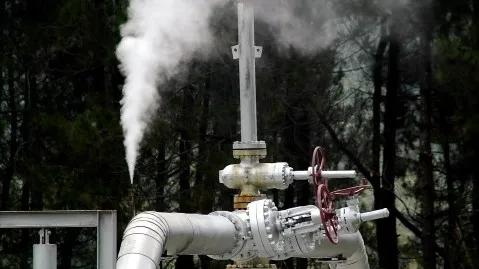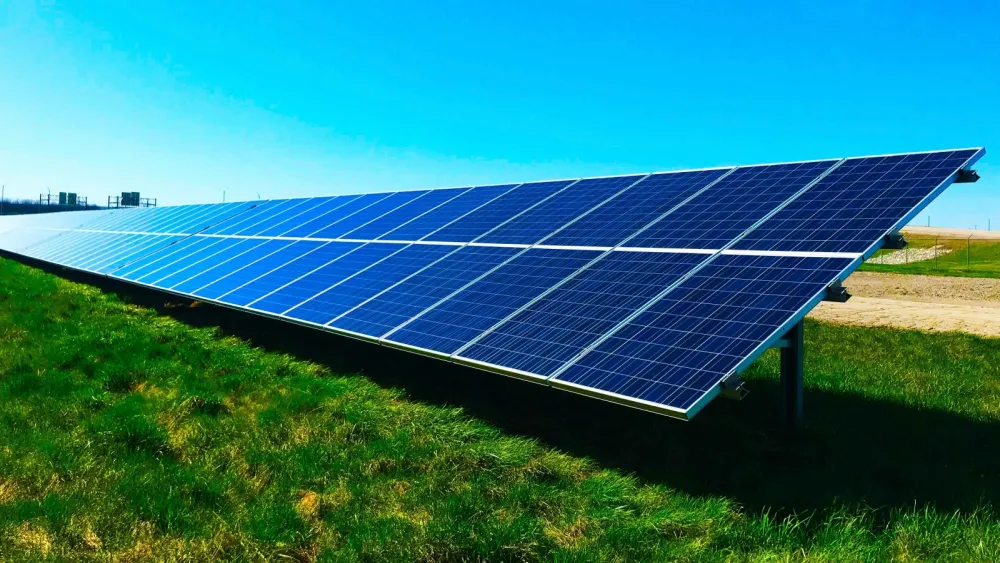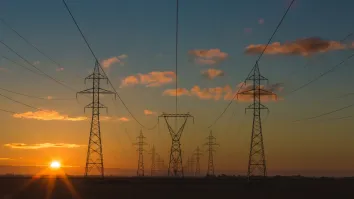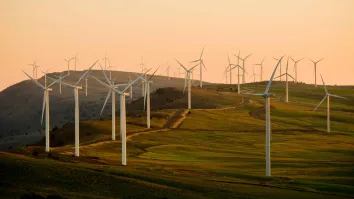
Nuclear restart calls rise in Japan amidst surge in oil, gas prices
LNG on-arrival prices rose 62% YoY in January, according to Fitch.
The rising prices of oil and gas have revived the calls for nuclear restarts in Japan in a bid to lower power costs, as well as overall exposure to energy generated from fossil fuels, according to Fitch Solutions.
In a report, Fitch said the rising global energy prices remain a problem for oil and gas import-dependent Japan, which spurs import bills, “adding to already elevated inflation fears."
Due to global supply tightness because of the easing of pandemic restrictions and supply disruption risks following Russia’s invasion of Ukraine, Japan saw a 62% year-on-year increase in on-arrival prices of liquified natural gas (LNG) in January, even before prices rose further.
“This comes despite Japan’s limited direct trade exposure to Russia although it still remains heavily exposed to global energy price fluctuations due to its considerable dependence on imports and negligible domestic production,” the report read.
About 3% of the country’s crude oil and refined fuel imports, and 8% of LNG imports were from Russia in 2021, but both are expected to decline substantially in 2022.
READ MORE: Nuclear could play key role to secure energy transitions: IEA
Fitch said Japan is not expected to fully stop importing energy from Russia, but a significant decline in volumes could lead to “devastating short-term consequences.” It also said that there are insufficient storage or alternative power sources to support the deficit in LNG should it be disrupted.
“Limited government measures to date appear to have been insufficient to shield consumers and businesses from negative price effects. In the power sector, the spillover from surging global energy prices is being felt more prominently, not surprising given Japan’s dependence on imported energy to generate power,” Fitch said.
Whilst some utilities reportedly have urged consumers to conserve energy, there are some generators who have depended more on fuel oil, diesel, and coal to offset the rising LNG cost in the short-term but these are not “desirable long-term” options as these are not in line with Japan’s climate targets.
Because of this, the public’s prescription is shifting to indigenous nuclear power as it can potentially alleviate price pressure off domestic households and businesses, Fitch said.
It cited the public survey by Nikkei in March wherein 53% of the respondents were found to be in favour of nuclear restarts if safety can be ensured. This is the first time the idea has drawn majority support since the surveys started following the 2011 Fukushima crisis.
“The government for its part has not made secret of its desire to do away with soaring fuel bills and risks of blackouts, although has been cautious in establishing a clear stance on nuclear restarts ahead of the upcoming national elections in July. Though there are early signs that the negative stigma associated with nuclear energy appear to be turning a corner among the population,” Fitch said.
It said that the survey preliminary reflects the public sentiment of those surveyed in Tokyo and may not be indicative of the popular opinion of cities where nuclear reactors are located.



















 Advertise
Advertise







